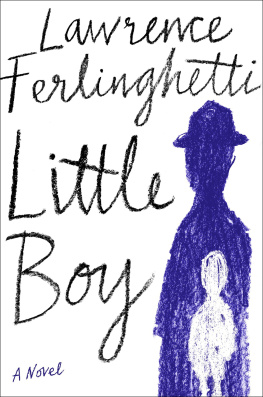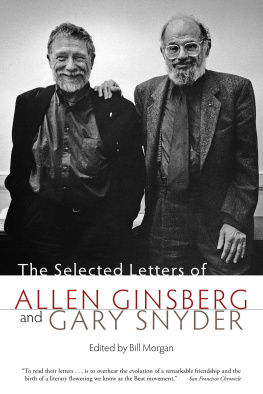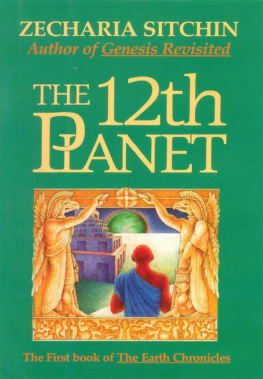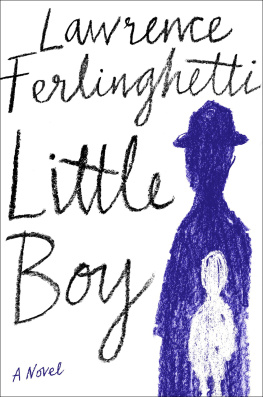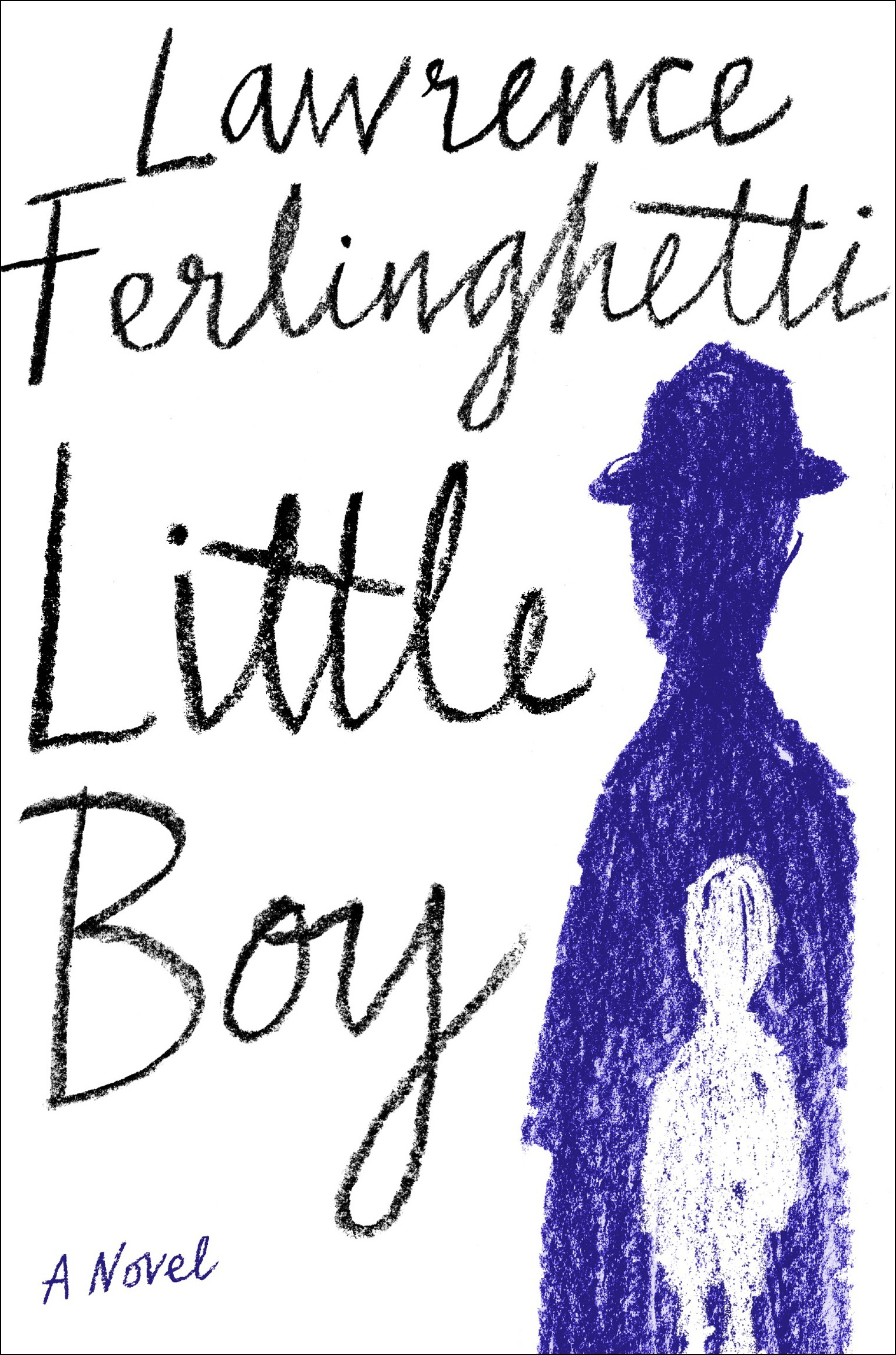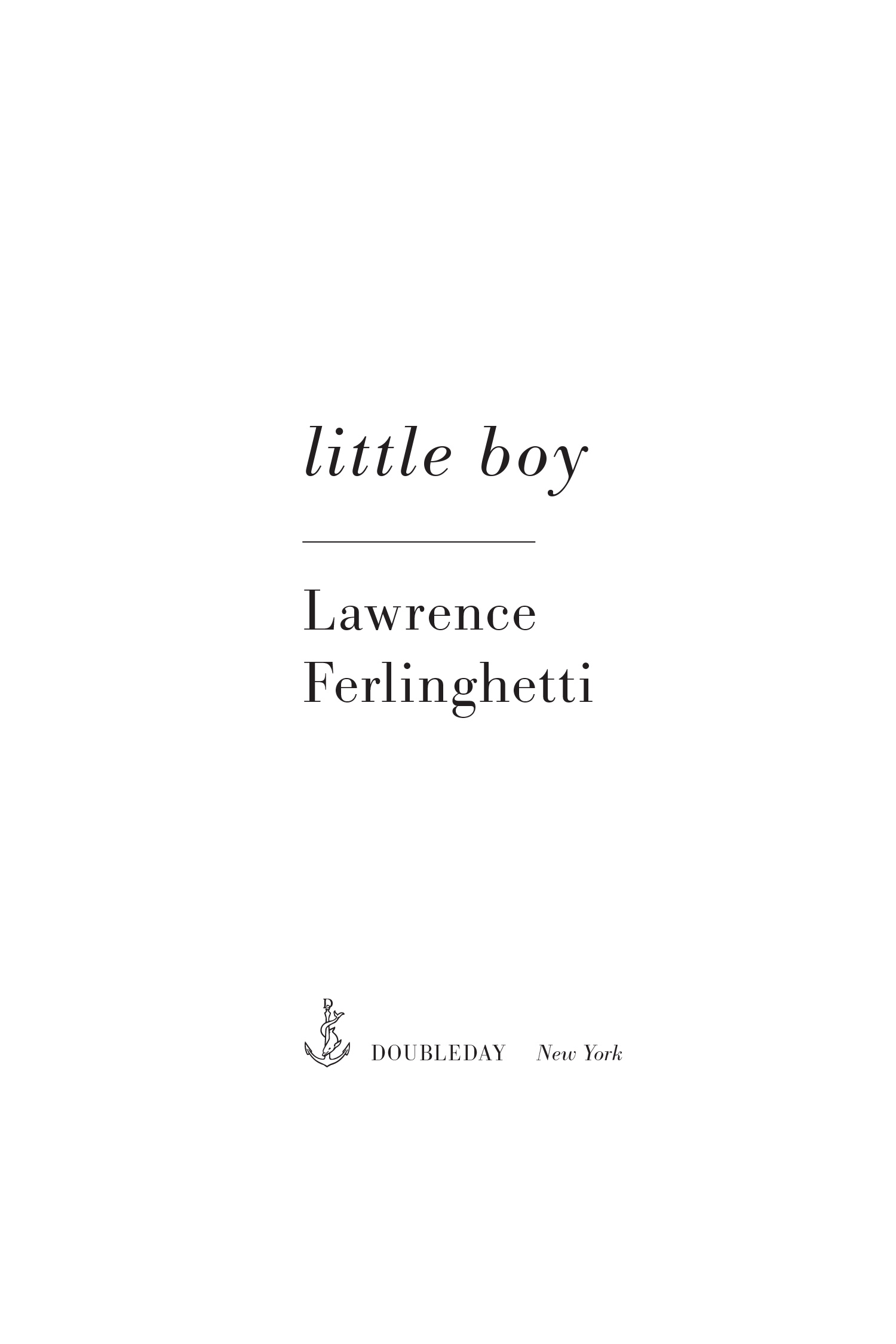Contents
Landmarks
Print Page List
Copyright 2019 by Lawrence Ferlinghetti
All rights reserved. Published in the United States by Doubleday, a division of Penguin Random House LLC, New York, and distributed in Canada by Random House of Canada, a division of Penguin Random House Canada Limited, Toronto.
www.doubleday.com
DOUBLEDAY and the portrayal of an anchor with a dolphin are registered trademarks of Penguin Random House LLC.
Cover design and illustration by John Gray/Gray 318
Library of Congress Cataloging-in-Publication Data
Names: Ferlinghetti, Lawrence, author.
Title: Little boy / by Lawrence Ferlinghetti.
Description: First edition. | New York : Doubleday, 2019.
Identifiers: LCCN 2018027160 | ISBN 9780385544788 (hardcover) | ISBN 9780385544795 (ebook)
Subjects: LCSH: Ferlinghetti, Lawrence. | Poets, American20th
centuryBiography. | Political activists20th century
Biography. | LCGFT: Autobiographies.
Classification: LCC PS3511.E557 Z46 2019 | DDC 811/.6 [B]dc23 LC record available at https://lccn.loc.gov/2018027160
Ebook ISBN9780385544795
v5.4
ep
Contents
for Julie and for Lorenzo
La vida es sueo.
CALDERN DE LA BARCA
little Boy was quite lost. He had no idea who he was or where he had come from. He was with Aunt Emilie whom he loved very much. She had taken him in swaddling clothes from his mother who already had four sons and could not handle a fifth born a few months after his father died of a heart attack. His brother Harry aged twelve found their father dead on the back cellar steps of their little house just north of Van Cortlandt Park, Manhattan. Poor Mom, no money, Pop dead, wrote Harry years later. His mother, Clemence Albertine Mendes-Monsanto, was born in Providence, Rhode Island, to Sephardic parents who had immigrated from Saint Thomas, Virgin Islands, where the family had been established for a very long time as wealthy planters until a collapse of the sugar market in the late 1890s impoverished them. The family had originally fled the Inquisition in Spain and Portugal but didnt arrive in the New World in steerage with nothing but their clothes. They arrived with all their possessions in steamer trunks, including candelabras, gold, and jewels, and thus were able to set up as merchants and planters in Saint Thomas where they soon had a great house on a hill with wide verandas looking down on the center of the town, and a family album showed them in broad-brimmed hats and black string ties. Saint Thomas was a Danish crown colony until America snatched it early in the twentieth century, and the Monsantos had intermarried with the Danes as well as with French settlers, and there were many French relatives who visited and were visited in France. Clemence Albertine had a French mother of vague aristocratic origins, and she still spoke French. So it went that Clemence Albertines uncle married Emilie from northern France, and thus it was that Emilie who had always wanted a child came and took the newborn Laurent from his distraught mother and bore him off to France by herself. Little Boy surmised many years later that her husband, Ludwig Monsanto, a professor of languages, and quite a bit older than Emilie, did not at his advanced age want to adopt a son, and thus left Emilie with little Laurent. And so it was that Tante Emilie took him back to her hometown near Strasbourg (the town near where the famous Captain Dreyfus was from) when he was perhaps two years old, and there they lived long enough for him to speak French before English, and his very first memory of existence was being held on a balcony above the boulevard where a parade was going by, and someone was waving his hand at the great parade with band music wafting up and strains of the Marseillaise echoing. And the next thing he remembered was that they were back in New York in a big high-ceilinged apartment on the Upper West Side overlooking the Hudson and the Palisades across the great river and steamboats hooting their whistles and Aunt Emilie and Ludwig somehow back together again. He had a prickly beard when he embraced Little Boy, and the sun shone on them for a brief time until suddenly Uncle Ludwig was not there anymore, and this time for good. So then again it was himself and Aunt Emilie in the big elegant flat, but not for long, because she had no money, and soon a Health Department man came and took him away to an orphanage in Chappaqua, New York, because she had no money to buy him milk and the man said Little Boy would develop rickets. And there was much weeping when they took him away from Emilie, and so it was he stayed in that orphanage, and years later the only memory he had of it was having to eat undercooked tapioca pudding the kids called Cats Eyes. Oh the time lost and no other memory of it, until a year later Aunt Emilie came and got him, and it was still the 1920s in America. And how he remembered her back then. She wore cloche hats and had her hair cut short like Louise Brooks and wore always the same elegant dress in the 1920s style, with low-cut bosom and a long string of beads, and scent of eau-de-cologne always about her. And of course it was not always, except in Little Boys memory, but it must have been her thread-bare elegance (well hidden in her elegant spoken French) that got her a position as French governess to the eighteen-year-old daughter of Anna Lawrence Bisland and Presley Eugene Bisland in Bronxville, New York, where they lived in an ivy-covered mansion not far from Sarah Lawrence College founded by Anna Lawrences father. And so Aunt Emilie came and got him, and so began their life in a third-floor room near the attic where steamer trunks with Cunard Line stickers on them shared space with old saddles and ancient bric-a-brac. But Little Boy remembered especially the dinners every night in the formal dining room with the big-boned Dutch butler who also served as chauffeur and was not used to butlering and juggled the serving dishes, while Tante Emilie conversed in French with beautiful daughter Sally, and the parents at opposite ends of the long table chiming in from time to time, or at least Madame Bisland did, for it was stylish back then to speak French and make grand tours of the Continent, especially Paris, and Aunt Emilie no doubt charmed them until a few months later she must have charmed Presley Bisland a little too much for Madame Bisland, and suddenly Aunt Emilie was gone from that house, and they told Little Boy that Emilie had gone away on her day off and had just never come back. Now, inasmuch as the Bislands had had a baby boy named Lawrence who died in infancy, it seemed an act of divine providence that they had now been provided with another Lawrence. And so it went, and Little Boy went on with them in the late 1920s in that fine mansion in Lawrence Park West, Bronxville. But he was of school age by then and they first sent him off to boarding school at Riverdale Country School at Riverdale-on-Hudson of which Little Boy remembers nothing but a kind headmaster looking after him, the youngest boy in the school, and they had a summer camp in the Adirondacks where Little Boy learned to swim and tie knots and saw for the first time the great woods, the huge straight pines, the shimmering lakes, the hidden streams, and the light shining down on them, as in the first morning of the world. But this was all a brief idyll he would long remember, while between camp and school back at the mansion in Bronxville it was a very lonely life for Little Boy, with the nearest neighbor out of sight and no children of any age to play with, and there were only the grown-up Bislands who to Little Boy seemed very old, though perhaps they were only in their fifties, and he had a room in a wing of the house where great oaks leaned their branches over his windows, and the wind howled against the stone walls of the great house, but the wind was his companion in that room that seemed so distant from the rest of the house. It was only at mealtime when a dinner bell sounded that he descended to the family table to sit between Presley and Anna Bisland who talked to each other as if at a great distance. Now to describe each of them was a task for a writer like Charles Dickens, for indeed they were like Victorians in every way, each such a unique character of another age, at least to Little Boy. And Presley Eugene Bisland had been born into a noble but impoverished family in Natchez, Mississippi, a couple of decades after the American Civil War in which they had lost all but their great old mansion Mount Repose. And Presley was the last son in a large family, and there was no inheritance for him. So at age fifteen he took off to the West, hoping to strike it rich in Gold Rush California. He rode the Chisholm Trail on cattle drives, learned to break horses, and worked his way west as a cowboy. Somewhere in northern California he put his stake into a promising gold mine, only to lose every cent of it as the mine failed to pan out. Broke but still only twenty, he made it to New York City wherethrough his familys connectionshe was soon hobnobbing with rich distant cousins (everyone in the Old South being related to everyone else) and was invited to many parties on upper Park Avenue and Fifth Avenue. A handsome man he was indeed, and although he had only a lowly job in the Abbot Coin Counter Company, he was much in demand among the debutantes of that period, including the young Anna Lawrence whose family had a mansion on upper Fifth Avenue. It was there that a marriage was arranged (with or without love one never knew) between the very handsome well-spoken Presley and the plain but demure Anna Lawrence. So then after a grand marriage they settled in Bronxville, some twenty miles from the city. At that time, Bronxville was little more than open country, and Annas father had bought up most of the acreage, planning a model town, with fine houses designed for artists and writers, its own water and electrical systems, etc, all owned originally by the Lawrence family. Into this fair enclave moved Presley and Anna early in the twentieth century, and by the time Little Boy showed up they were already along in years. To Little Boy they were always very very old, too old in fact for a young child to make any kind of contact. But Little Boy did love Presley Bisland. He had a wit about him that sparkled through the courtly conversations with his wife, the stately old lady who wore black Victorian gowns, always with a diamond choker around her neck. Years later, when Little Boy came to know the writings of Mark Twain, he realized that Presley Bisland was cut out of the same cloth, with the same satiric humor as Twain, the same southern background, even the same way of dressing. Presley had grown up in a household steeped in the classics, and had learned Latin at an early age. His library at Plashbourne (as their house was called) was full of Greek and Roman classics, as well as more modern writers like Lafcadio Hearn. The library was a small comfortable room just off the dining room paneled in dark oak, with heavy easy chairs and nooks for reading. At the dinner table, Presley would address Little Boy with questions like Young man, youve been to schoolwho was Telemachus? or he would recite old chestnuts like Horatius at the Bridge, thundering out the rhymes, or The Charge of the Light Brigade, making Little Boy feel the flames of the battle with Into the valley of Death rode the six hundredCannon to the right of them, cannon to the left of them, and the great phrase Someone had blundered! rang through the dinner-table air. Or he would give Little Boy silver dollars to recite some chestnut by heart at the table. And Anna Bisland would fade from their presence and there was only the gracious witty old man challenging the world. (Little Boy didnt know but perhaps she was pure Republican and he was Mark Twain), and if things ever seemed to be headed toward an argument, he usually answered, Right or wrong, madam, youre right. She perhaps believed in God, and he didnt. And when he was dying he forbid any kind of clergy to enter the house, but she snuck one in anyway, having a priest in an adjoining room mumble the last rites and then being spirited out the kitchen entrance. While all that Presley said was Out of the house tonight, dead or alive! Years later, reading Tolstoy, the Grown Boy imagined Presley like Tolstoy leaving his death-bed for the train stationAnd many years later, Grown Boy realized how much he loved that man, and knew not how to express it. But he remembered how once in deep winter, with snow blanketing the formal gardens around the mansion, he happened to see the old man in his pajamas in the middle of the night stumbling out the front door into the deep snow and starting to stumble into the storm, and Little Boy running after him and bringing him back into the house, and the dear old man would have frozen to death out there if it hadnt been for Little Boy.

